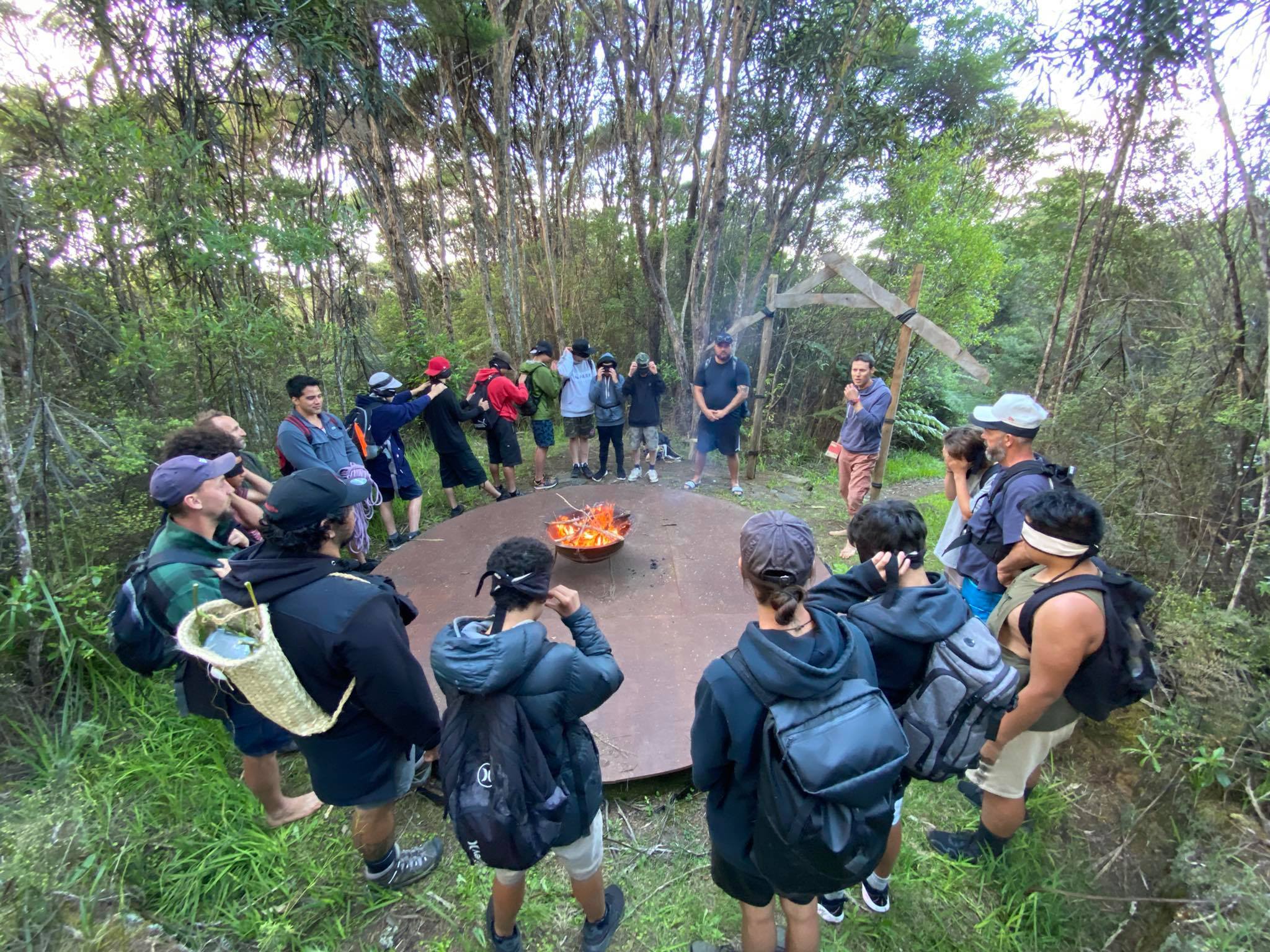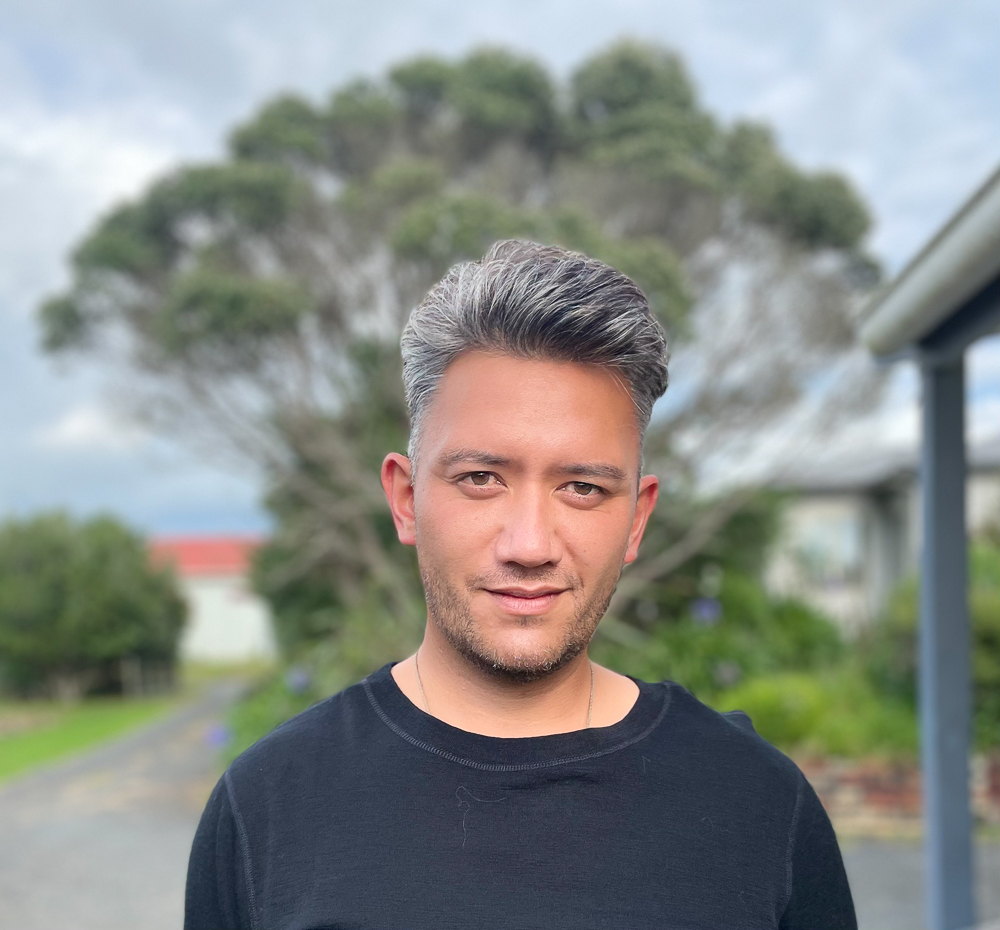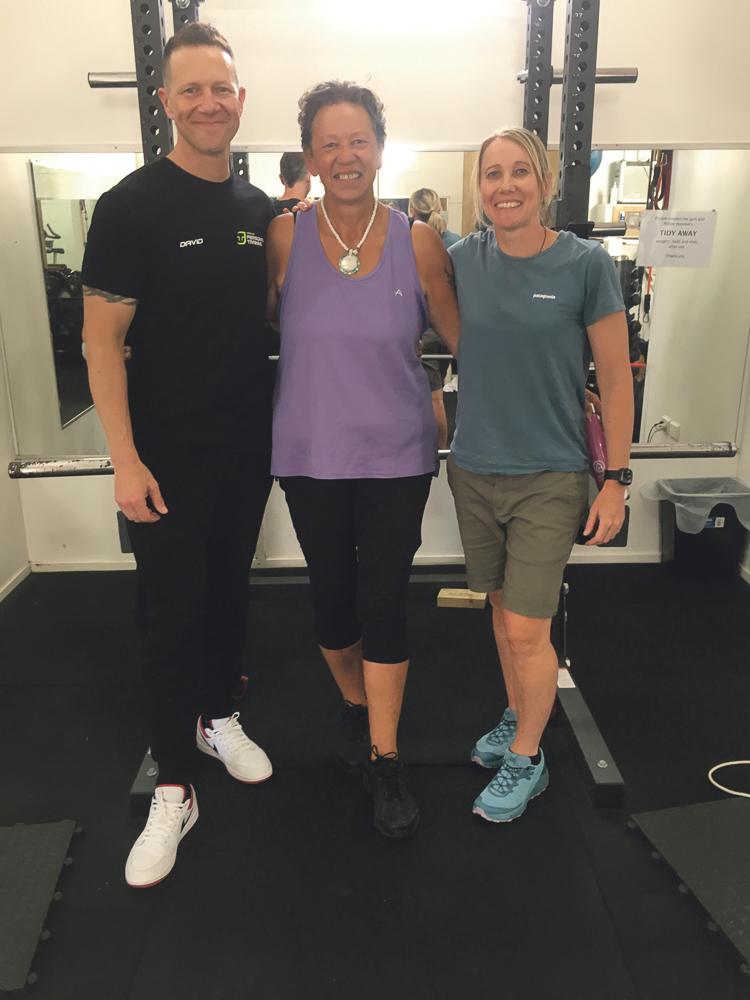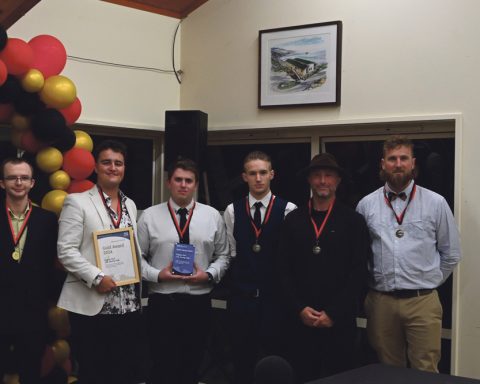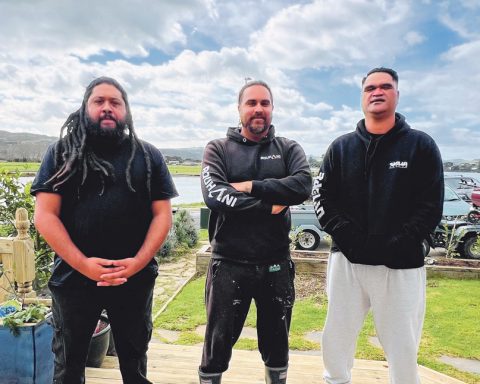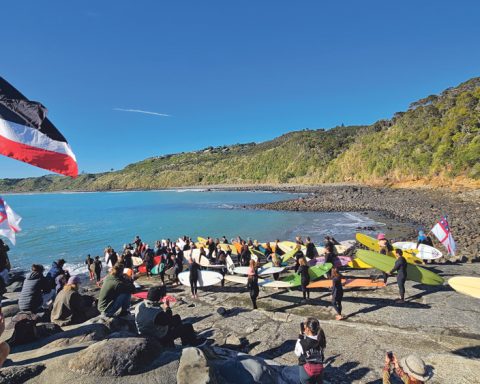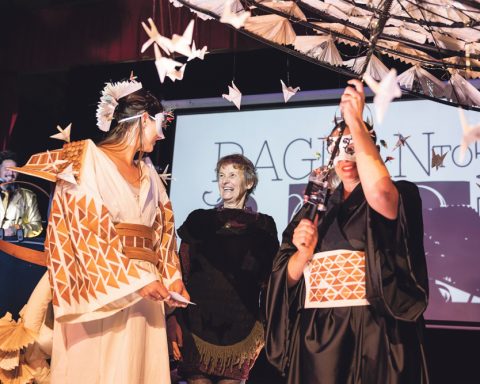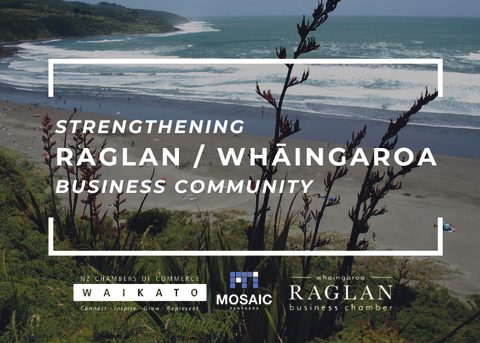Modern culture is the first in human history devoid of community-led RoP leaving our young people to ‘initiate’ themselves and each other into adulthood. “As a society we have a choice; either we create healthy and respectful community-led Rites of Passage, or we leave our young people to create their own.” Dr Arne Rubinstein.
A Q and A with Michael Moore from Poutama Rites of Passage – To those who are not familiar with the Poutama Rites of Passage programme, why did it originate and what was the vision?
Without the safety net of connected, vibrant communities, and adult mentors / role-models
who lead happy and purposeful lives, our taitama (teenage boys) and kōhine (teenage girls) can be overwhelmed with the challenges of our modern existence. Caregivers and whānau often feel powerless as their taitama struggle with anxiety, depression, anger, withdrawal, precocious sexual behaviour, addiction, self-harm and suicide.
In order to support their young people in this critical time, Māori and indigenous societies
all over the world created structured and elaborate Rites of Passage. They knew their young
people could not make the transition on their own. There is therefore strong evolutionary
validity to these practices and their vital role in sustaining healthy communities and culture.
Our Vision
The Trust aims to revitalise Rites of Passage practices in Aotearoa by developing
kaupapa Māori Rites of Passage and bilingual resources. Poutama Rites of Passage trains educators and mentors, and empowers whānau to facilitate profound development in individuals and communities through the practice of Rites of Passage.
You are calling for expressions of interest for Poutane Mentor Training. Who is this designed for?
Poutāne Mentor Training is designed for men who want to support teenage boys in their community as they journey through the passage into adulthood.
How are the mentors selected, and what is their key role?
Most of our mentors are local; this is an important pou in the foundation of Poutama Rites of Passage, to ensure we’re building capacity within the community in which the tama live.
The majority of our mentors would have joined us on Poutāne; much like a rite for men, Poutāne is a 3 day training that almost echoes the rite the tama will go on, from the perspective of a mentor and facilitator.
Those who haven’t undergone the training will often have a pre-existing relationship with the tama in the community, roles like coaching, teaching or working locally and familiar to the tama.
During the rite, our stage is set by our Poukōkiri, who creates the scene for different experiences, often described as ritual theatre, to take place, and the tama are guided by Poutāne – Mentors, Poutohi – Facilitators , and Poutokomanawa – Lead Facilitators who hold the vision of the rite, to make the transition from boy to young man, and call a healthy male psychology into their lives.
Late last year you headed out again with 10 local boys and 12 local mentors. Describe the experience for the boys. What’s involved?
We’re fortunate to have key people throughout Raglan, from teachers at RAS, local carvers, weavers, singers, delicious bakers, facilitators and men of all ages with a drive to uplift the lives of boys, all offering their strands to the kaupapa to be woven into our preparation and delivery.
The rite is an immersive experience, that sees the tama move through the processes of separation, transformation, and integration, through challenges, reflection and wānanga that are underpinned by kaupapa Māori, tīkanga, pūrākau and practices.
What are the benefits that you witness and observe during the time?
We trust in the process, and each day sees the tama move into the tapu of the rite, with more focus, openness and deepening in sharing and expression.
A tool we invoke during the rite is the power of whakarongo, of listening with intent to others as they share stories from a place of vulnerability. By day 1.5 most, if not all, the tama are tuning into this power, and naturally strong friendships and bonds are formed or fortified.
On this particular rite, loyalty came through loud and clear amongst the tama, and with each new challenge they learned to lean on each other to get through; like to carry ‘Matarau’ our ‘Mauri Stone’ during our initial hīkoi and sharing the weight amongst the group, the boys found ways to be there for each other when things got tough.
What kind of feedback comes from the boys?
Despite each journey being unique, there are common shifts that are often fed back to our team.
With the tama, there can be a desire to want to be more helpful at home, to find opportunities for initiative, contribution and leadership.
As the boys learn about themselves, the qualities unearthed in self inquiry are echoed in the feedback as wanting to be expressed, or grown.
“I learned I could be open,” a statement made by one of the tama during our final ceremony alongside whānau, reminded us to hold no expectation about the journey the tama are on, rather to hold safety so they can arrive where they need to.
Our mentors play a big role in creating that safety; as they share with courage and vulnerability stories from their lives, it creates an opening for our tama to also share.
What is the ideal age for the experience and how would a family get in touch should they want to be involved in a future venture?
The ideal age for Taitama Rites of Passage is 14-15.
Family can best keep up to date with upcoming rites and events via our Facebook page @Poutama Rites of Passage. And they can reach us at info@poutamarites.com
